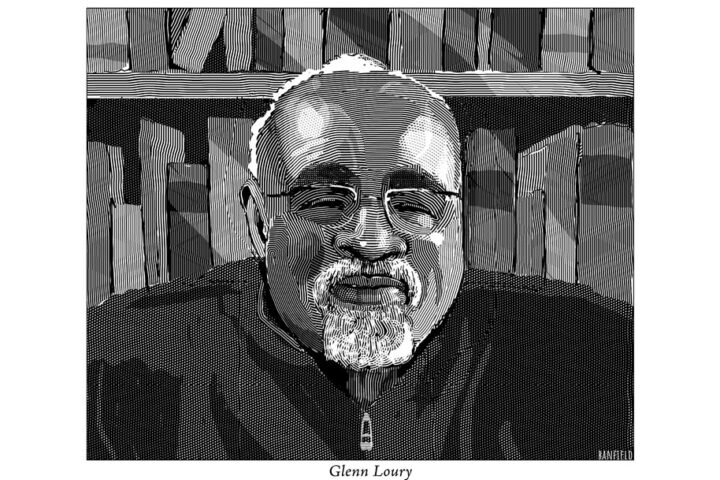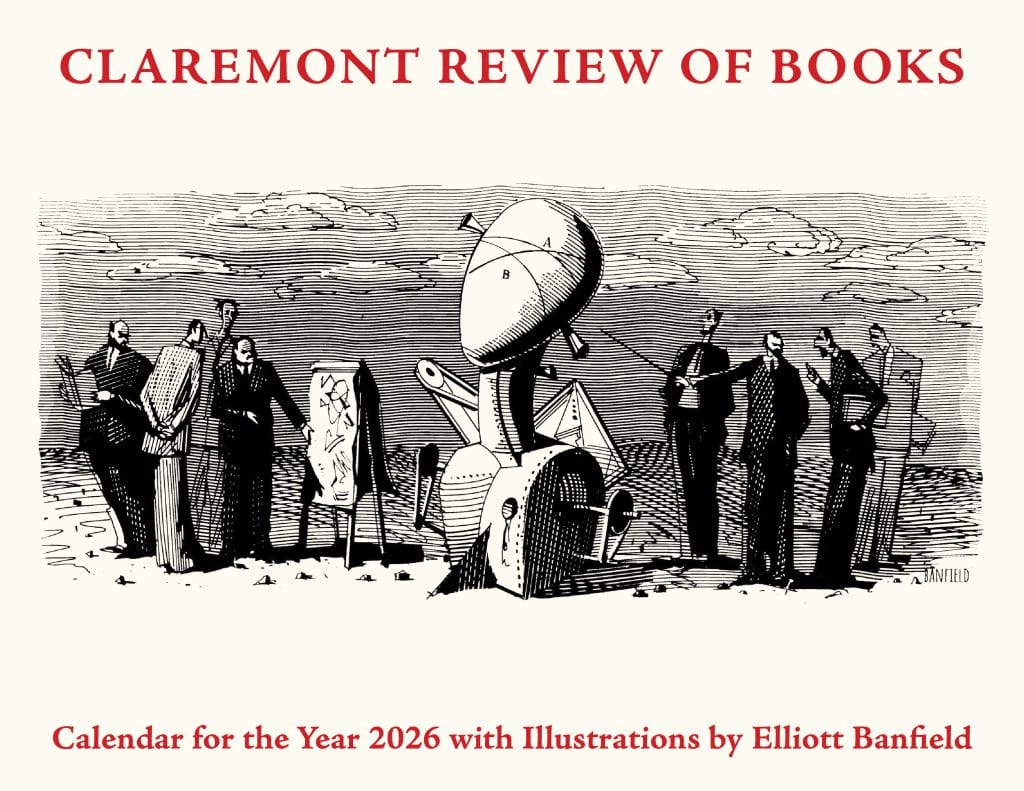Books Reviewed
Leo Strauss’s greatest accomplishment was to recover classical political philosophy when liberal modernity seemed poised to bury it. In prosperous postwar America, devotees of the “open society” insisted that man’s highest good could never be firmly known, or at least must only be pursued in private as a matter of personal preference. The philosophic life, dedicated to one ultimate end—knowing the whole of reality—came to seem not just archaic but absurd. As John Rawls, American liberalism’s most sophisticated recent spokesman, put it in A Theory of Justice (1971): “Although to subordinate all our aims to one end does not strictly speaking violate the principles of rational choice…it still strikes us as irrational, or more likely as mad.” This kind of liberalism was premised on historicism, which involved denying the possibility of a fixed highest good for human beings. Historicists judged philosophy by its capacity to perform useful work and improve society, not by its ultimate or universal truth.
***
Strauss sought to counteract these errors through a careful study of classical texts. He posed a series of contrasts—between ancients and moderns, reason and revelation, thought and action, philosophy and politics. By inviting his students to consider the tensions between each pair, Strauss prompted them toward







